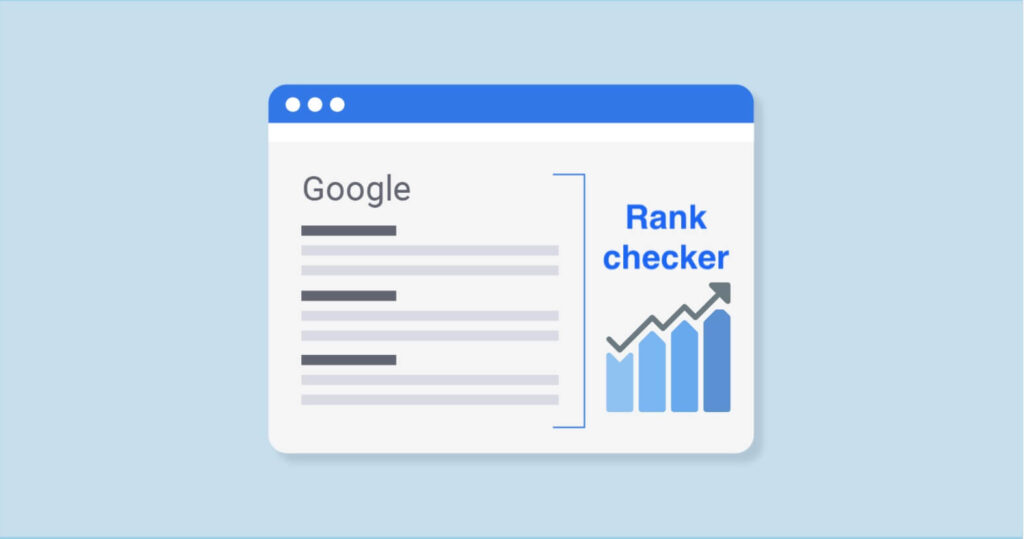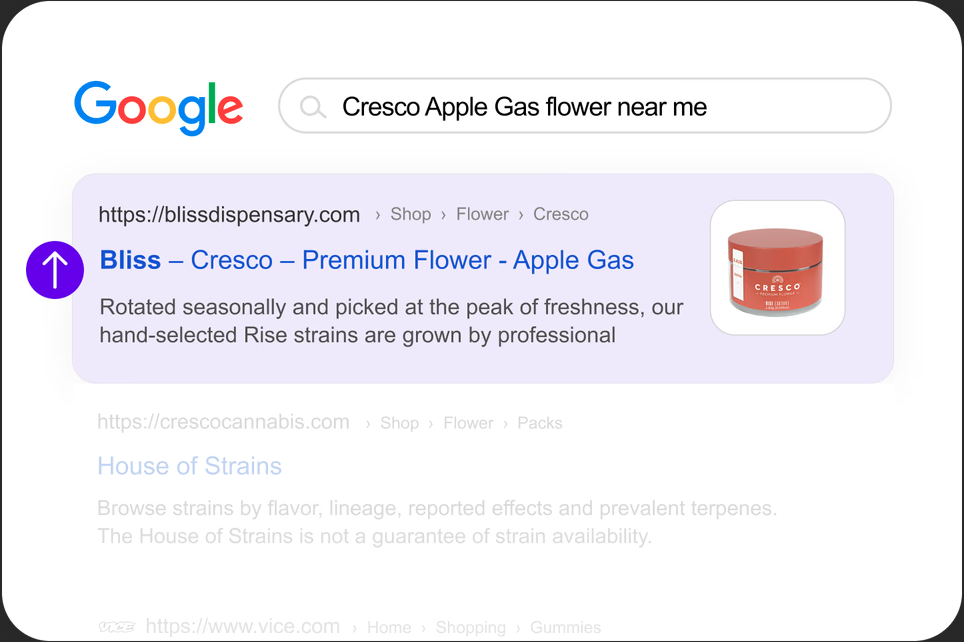SEO is an essential aspect of any website. Thus, it is natural to want your site to rank higher on search engine result pages (SERPs) during organic searches. According to a study, organic search drives 53.3% of all web traffic, making it vital for your website to appear on search results.
Organic search allows your business to get discovered by people who don’t know about your business but require your products and services. But it all comes down to how your site ranks on Google.
This article explores all you need to know about how to rank your website higher on Google, along with other details. Let’s dive right in.
Check Website Ranking
Google does specifically publish the rankings of targeted keywords in any tool. It crawls through millions of domains and web pages to curate significant information for users during organic searches.
Thus, only those websites that optimized their web pages for those keywords and fulfilled other requirements will show up on SERPs. However, there are some tools you can use to know your current website rankings.
Some of these site ranker tools include Check Page Rank that allows users check website ranking in Google search. It also provides additional information such as domain authority score, Alexa USA and Global ranks, page authority, backlinks, and many more site rank data.
Other tools to rank websites include Ahrefs’ Rank Tracker, Web CEO, and Small SEO Tools.
New Website vs Established Website
Regarding page rank checking on Google, there are distinct differences between new and established websites. Some of the criteria are quite different. So, if you’re wondering why your new website isn’t ranked higher compared to others, you might want to read this section.
We will explore some differences between site ranks on new and established websites.
New Websites
Regarding SEO rankings, newer websites are seemingly challenging to optimize. This is mainly because it is new in a terrain filled with millions of similar websites with better domain and page authority.
Thus, if you want to rank websites that are new, you should consider the following:
● Freshness. What newer websites have over older websites is freshness. You need to frequently publish new content to establish authority on Google. You should also consider adding more service pages to your website.
● Reputation. Newer websites can improve their site rank data by registering their domains on reputation directories like Google My Business, Yelp, and other niche-related directories.
● Supplementation. You can also rank websites that are newer by investing in other digital marketing strategies such as paid ads, social media marketing, and paid search.
You can achieve all of this quickly with a professional SEO expert.
Established Websites
Older website ranking Google check has a more significant advantage because it can be easily optimized. Some of the improvements made can be noticeable within weeks. You only get penalized when you violate Google’s guidelines with spam links.
Here’s why an older site ranks better than new ones:
● Authority. Older domains have been indexed by Google’s bots for a long time. Thus, even if they don’t rank higher, they can be easily optimized as they have already established authority.
● Trust. Google will typically rank older websites higher than new ones as it is safer. The reason is that Google considers them more trustworthy in providing answers to users than new ones.
You can also hire an SEO expert to help optimize and rank your older websites during organic searches.

How to Rank Your Brand New Website
You can deploy different tips to rank your website higher on Google. These tactics include:
● Research targeted keywords. Your web pages need to rank for specific keywords during an organic search. For that to happen, you need to conduct keyword research using tools such as Ahrefs Ubersuggest, SEMrush, Google Keyword Planner, SECockpit, Moz, KWFinder, and KeywordTool.
● Create title tags with the target keywords. After researching the keywords, you need to incorporate them into your title tags and meta description for that web page.
● Use keywords sparingly throughout the web page. The target keywords should be used sparingly throughout the web page. You should be careful not to overstuff your web pages with keywords.
● Use outbound links. Outbound links bring traffic to your website, especially when it is acknowledged, and the favor is returned with a backlink.
● Put your target keywords in URLs. If you’re linking to another page on your website, you should use the target keywords for that page.
● Publish long content. According to reports, longer content improves site ranks on Google. Aim for a minimum of 1,000 words and a maximum of around 2,000 words.
● Take advantage of internal linking. You can also improve and check your blog ranking by linking different parts of your website.
● Make your website load faster. A slow website is not only bad for SEO but your potential visitors. You should ensure that your web design is optimized for fast loading.
● Make your website mobile-friendly. Your website needs to be optimized for smartphones for it to rank properly.
These tips will rank your website higher on Google in no time.
How to Restore Old Website’s Rankings
How do you restore the ranking of your old website? Follow the tips below:
● Audit your site. You must audit your site to ensure it follows current SEO guidelines. Thus, you need to take a look at your site topics, content, and site architecture.
● Categorize content. Your content needs to be properly categorized and siloed to create a structure for Google’s bots to crawl and index. Check your internal and external URLs, meta titles and descriptions, and the keywords to optimize them.
● Build backlinks. You can improve your site ranking history by building backlinks from other reputable sites. You can reach out to the site admin and discuss sharing links.
● Write guest posts. You can also increase site ranks on Google by writing guest posts on other sites and earning backlinks from them to your website.
● Promote your blogs on social media. You can check your blog ranking and improve it by sharing links to your social media accounts.
● Follow Google’s guidelines. You should follow Google’s guidelines and avoid manipulative and deceptive SEO strategies to not get penalized.
If you don’t know how to deploy these tips, contact a professional SEO expert to handle it for you.
Why Do Old Websites Rank Higher in Google?
The answer is pretty simple:
● Site authority. Older websites have been crawled and indexed for a longer time compared to new websites. Thus, the older site will rank higher than the newer ones.
● Trustworthiness. Google considers older websites trustworthy compared to newer ones. This is because older websites have been indexed longer. Thus, there’s a high possibility that Google will rank websites that are older over new ones.
That doesn’t mean your new websites won’t be able to compete with established ones. All you need to do is follow the SEO instructions in the previous section to improve your site rank data.
How Long Does It Take to Rank on Google?
According to this data from Ahrefs, it takes about 61 to 182 days for pages to rank on Google’s Top 10 SERPs. However, it should be noted that it’s only workable for 5.7% of websites. For a majority of other websites, it might take a longer time.
How to Check Website Ranking
It’s pretty simple to check website ranking in Google search. All you need to do is log in to any of the tools to check website ranking. Some of these tools are free, but others come with free trials to explore their premium features.

Rank Your Website Higher on Google With Dispensary Growth
Dispensary Growth is a leading digital marketing agency designed to help businesses gain more visibility and website traffic by improving their SEO strategies. Our services include web design, SEO silo, web development, content marketing, website architecture, web analytics, and many more.
Reach out to us to see how we can help your business gain more leads and improve your bottom line.




